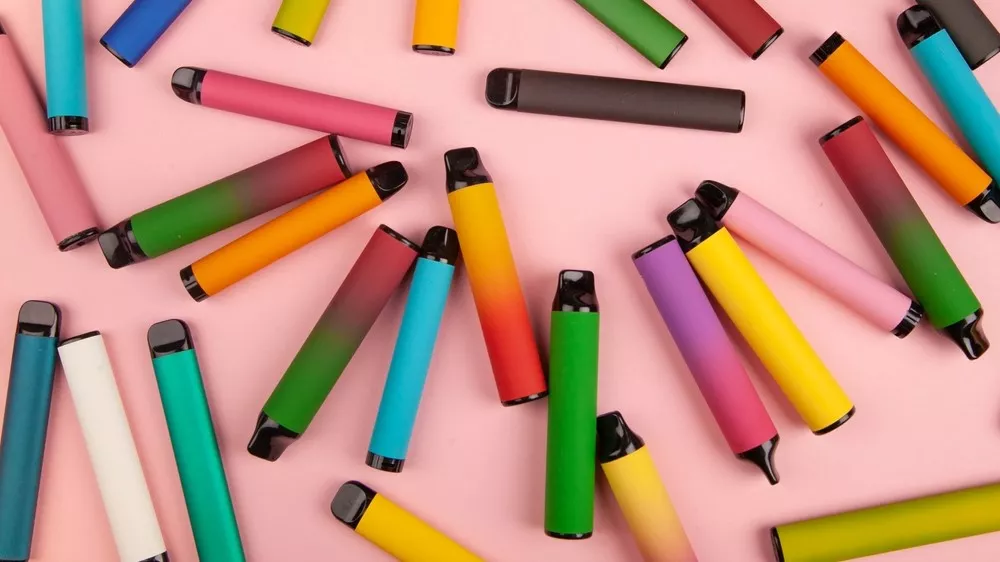
It has a number of inclusions around children and young people, and includes the following:
To stop children and young people from starting vaping:
- Opening a call for evidence on youth vaping to identify opportunities to reduce the number of children accessing and using vape products. They have said this will explore: regulatory compliance, appearance and characteristics of vapes, marketing and promotion including social media, the vape market.
- DHSC will work with DfE to consider environmental impact of disposable vapes
- Formation of a new 'illicit vapes enforcement squad' to enforce rules on vaping and tackle illegal sales of vapes to under 18s
To reduce smoking during pregnancy:
- Provision of financial incentives for all pregnant people who smoke by end of 2024
- With regards to age of sale:
- The UK Government will not introduce raising the age of sale of tobacco and will focus on measures to help quit smoking rather than banning its sale.
These plans follow on from the Khan review, published now nine months ago, and to which we responded.
In response to the announcement, RCPCH VP for Policy Dr Mike McKean:
As an organisation we have been campaigning for Government to take action on children and young people’s smoking for some time and in recent years on their growing use of e-cigarettes. The latest data paints a worrying picture that the number of young people vaping has increased, with 9% of secondary school pupils currently using e-cigarettes in 2021, an increase from 6% in 2018. Currently 18% of all 15-year-olds were current e-cigarette users.
It's good to see the measures outlined from Government, and we hope that the upcoming call for evidence is a signifier that Government is serious about taking action. A consultation alone is not enough; real and measurable change must follow.
It’s very clear to those working in child health that children and young people are being targeted by e-cigarette companies with bright packaging, exotic flavours and enticing names. These products are affordable, appealing and clearly very accessible for children and young people. Unfortunately, the research and data around widespread e-cigarette use is still very much in its infancy. We simply don’t know enough about the long term risks.
In addition to potential health issues, these products have serious environmental concerns, especially disposable e-cigarettes – which we know are the most popular kind of e-cigarette among children and young people. The charity Material Focus which campaigns on better recycling of electrical waste, published a report showing that at least 1.3 million disposable vapes are thrown away every week in the UK. That is two every second. A single-use vape contains on average 0.15g of lithium – the mining of which has led to water loss, ground destabilisation, biodiversity loss, increased salinity of rivers, contaminated soil and toxic waste. Lithium is classified as a “critical” raw material by the US and EU. The International Energy Agency has warned it could be in short supply within two years. Discarded disposables mean 10 tonnes of lithium is sent to landfill each year, this is equivalent to the lithium in batteries inside 1,200 electric vehicles. This is an alarming development.
As paediatricians reducing harm to children and young people lies at the core of our work. We must do everything in our power to stop children and young people picking up these risky products.
RCPCH will be responding to the consultation in due course.









